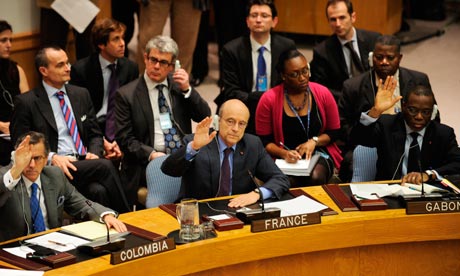By Eric C. Sigmund
Impunity Watch Reporter, Middle East
AMMAN, Jordan – Civil unrest in Jordan continues to rise as protesters, unsatisfied with government concessions, become more emboldened, spurring violate clashes between protesters and government supporters. Saturday’s clashes were the bloodiest yet in the country, leaving 2 protesters dead and 160 injured. Concerned that Jordan is edging closer to civil war, King Abdullah II called for national unity and announced that the government “is going ahead with political and economic reforms, strongly and enthusiastically.”

Pro-reform protest continued to remain resilient three months after their initial outbreak despite security crackdowns from government supporters and police forces. While the King has expressed his commitment to address the concerns of discontent citizens, some of his proposed reforms face significant opposition from Parliament. In particular, the Jordanian Parliament has been unwilling to limit the King’s power, claiming that a diminution of the King’s constitutional authority represents a “threat to Jordan’s survival.” Commenting on Saturday’s deadly clashes, Parliamentary leaders announced that it will “make sure [the King] remains powerful to preserve the Jordanian identity and the constitution” and warned that “political blackmail is rejected.”
Parliament’s statements however, have not been well received by government critics and have led some political analysts to issue their own warnings about the heightened possibility of civil war. One commentator noted that “there is a sense that the situation may explode at any moment.” While King Abdullah has already taken some steps to calm popular discontent, such as raising pensions and reshuffling his Cabinet, these reforms have largely been rejected as half-hearted reforms which do not address protester’s core demands. Until all their demands are met, citizens will continue to clog the streets and pursue reform notes one protester. Given Parliaments resistance to further constitutional reforms, the prospects for peaceful reform may be dwindling in Jordan.
For more information please see:
The Media Line – Jordan Teetering on Civil War, Local Analysts Say – Mar. 28, 2011
Agence France Presse – Jordan King Urges Unity After Unrest – Mar. 27, 2011
Al-Jazeera – Jordan’s King Calls for National Unity – Mar. 27, 2011

